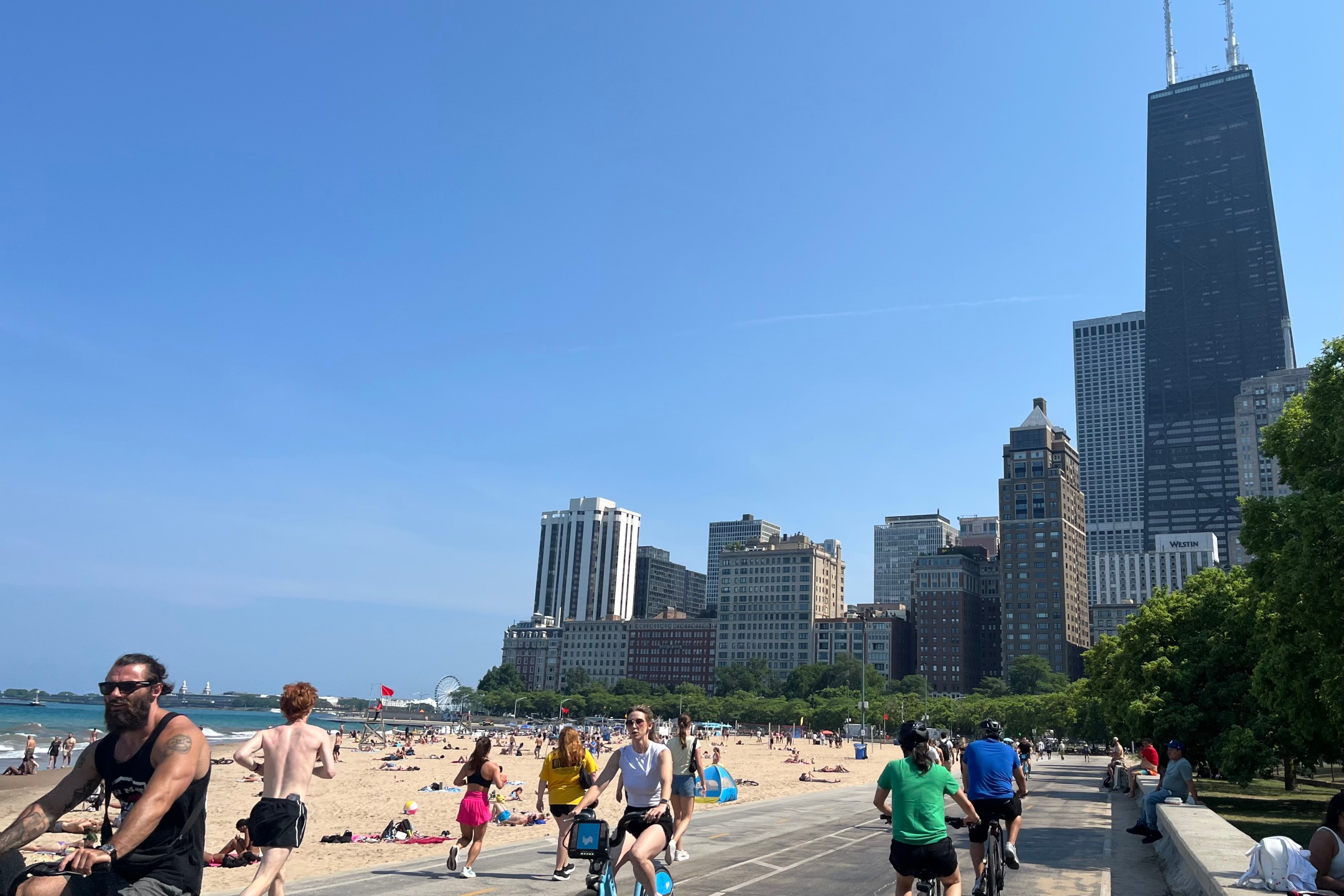Leaders in the Dallas-Fort Worth area recently came together to discuss the idea of resilience -- whether the region can withstand big shifts like climate change and oil price shocks, and bounce back from unanticipated setbacks.
That got Patrick Kennedy at Walkable Dallas Fort Worth thinking about how sprawl -- one of the Big D's defining characteristics -- can influence a region's ability to adapt with the changing times:
Just fly in or out of DFW. As you're taking off or landing, look down. Get to know the incredible and overwhelming sameness of it all. The lack of neighborhoods replaced by the presence of generic sameness of houses made of sticks and spit jammed onto cul-de-sacs of social isolation. Drive the highways and arterials. Pretend you don't know where you are and ask, "Where am I?" You probably could be anywhere.
Local leaders made the point that the regional economy is diverse -- a key element of resilience. Kennedy points out of that in other critical ways, the region sorely lacks diversity and choice:
But what about interconnections, the physical infrastructure that allows for the invisible social and economic bonds to exist? That of the top 20 metropolitan areas in the country, only Detroit has a higher percentage of driving commuters. There is no positive way to spin that. It's a homogeneity of transportation. If you lack choice, you lack adaptability, a key component to resilience.
Elsewhere on the Network today: Greater Greater Washington chronicles the ongoing saga of "who's parking in the L Street bike lane." Pennsylvania Bikes and Walks looks at how the state can rise in the League of American Bicyclists' annual Bike-Friendly States ranking. And The City Fix examines how countries around the world are financing sustainable transportation projects.



